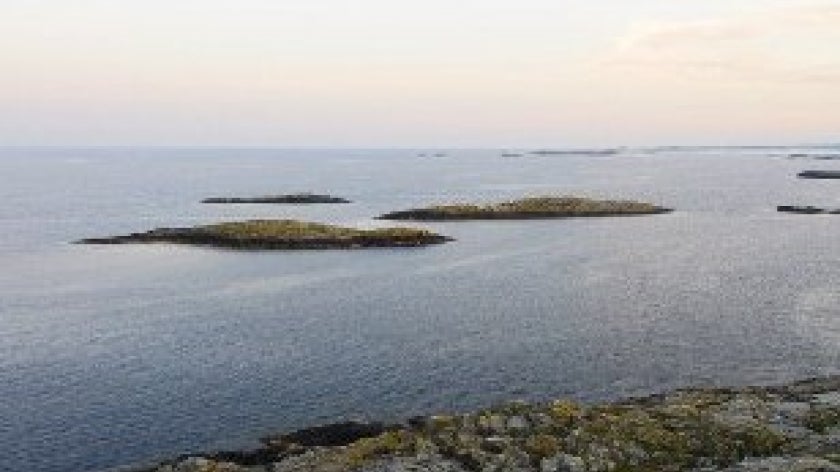
Today, we are joining the world in celebrating the roles of water in our livelihoods, industries and environment. As the largest public funder of international waters projects, the GEF is proud to highlight below some of our efforts in safeguarding the world’s large marine ecosystems, transboundary water resources as well as in managing sustainable global fisheries, especially those in areas beyond national jurisdiction (ABNJ)
Below you can find five short articles that describe how the Global Environament Facility tackles issues with water around the world:
Overfishing
Overfishing is among the greatest threats to ocean health and associated socioeconomic development. While demand for seafood is large and growing, most of the world’s fisheries are underperforming – contributing to lack of food security and diminished livelihoods, which will only grow more severe if business continues as usual. The vast majority of overexploited fisheries is found in developing coastal and island states. In addition, about 25% of stocks from Areas Beyond National Jurisdiction (ABNJ) are considered overexploited or collapsed.
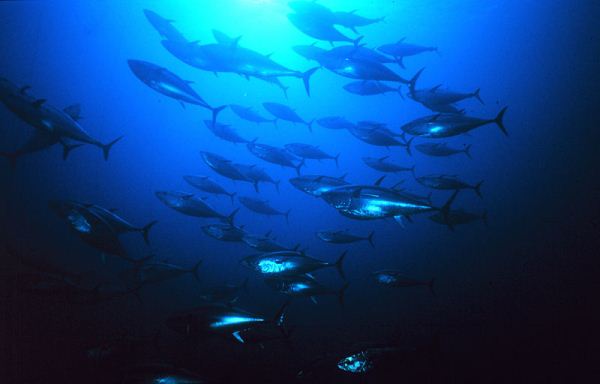
The recently released World Bank Group report, Fish to 2030: Prospects for Fisheries and Aquaculture, estimates that growing population and consequent increase in the need for food will raise demand for seafood, increase pressure on capture fisheries, accelerate aquaculture growth, and imply important changes in the global fish markets. These challenges stress the urgent necessity for countries to stop depleting marine natural resources and to embrace high standard of sustainable practices to their fisheries and aquaculture.
Since its inception, the GEF has acted as a catalyst to demonstrate and scale up effective strategies to address fisheries challenges.
As an example, GEF has supported Senegal in the development of Territorial Use Right for coastal local communities’ benefits; and helped developing the framework to freeze the registration of new marine artisanal fish boat, limiting the pressure on target fish stocks. In Tanzania, the Fund assisted the establishment of a marine spatial planning encouraging a better zoning and local management ownership. These initial successes built a strong basis of a sustainable development for the sector, at the national level, but are only the first step to guarantee the rebuilding of global fisheries.
A great deal must be done to avoid fulfillment of the predictions in Fish to 2030: Prospects for Fisheries and Aquaculture. Scaling- up successful models across multiple geographies and contexts has to be achieve for a global impact but action have to be taken now by country governments and supply chain’s actors.
Oceans and Ocean Governance
Oceans have tremendous economic, social, and ecological value, and their integrity is vital to build blue economies. Oceans provide more than $1 trillion annually to the world economy in market goods and services (food security, tourism services, storm protection, and so on) and many times that in non-market amenities. But they are under threat from unsustainable practices, including over-fishing, land-based pollution, habitat destruction, and climate change.
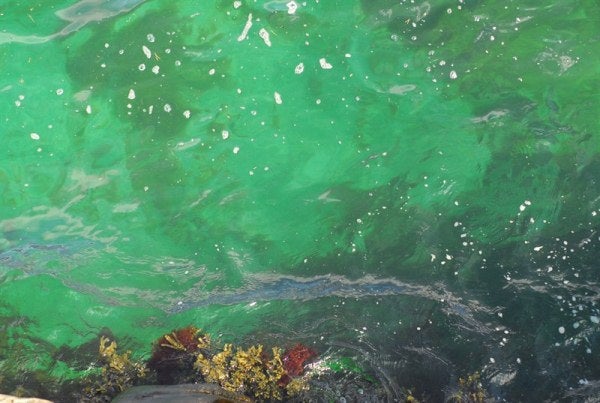
The Global Environment Facility recognizes the importance of ocean governance and has provided tremendous support to ocean conservation. The GEF works across nations to protect 21 Large Marine Ecosystems by promoting ecosystem-based approaches to fisheries and other marine and coastal resources, protecting coastal habitat from land based sources of pollution, and catalyzing the formation of country-driven, country-owned, and—ultimately—country-financed regional institutional frameworks. For example, GEF support helped to establish the Benguela Current Commission in Southern Africa, which brought together the nations of Angola, Namibia, and South Africa to work toward sustainable ocean governance. And the GEF supported the Partnerships in Environmental Management for the Seas of East Asia, which pioneered best practices in integrated coastal management across 12 East Asian countries. Likewise, the GEF is providing support to the sustainable management of shared marine resources of the Caribbean Large Marine Ecosystem, bringing together 25 small island developing states (SIDS) to build an integrated management approach for large marine ecosystems.
GEF ocean projects work with the spectrum of stakeholders from village chiefs to business leaders to cabinet ministers. In doing so, GEF projects are incorporating the market value of marine resources into national economies, resulting in economic and social benefits. GEF support to improve the governance and management of Pacific island state fisheries, which represent 40 percent of global tuna catch, helped those states triple the value of their fish landings and revenue. Other GEF projects have sparked new global legislation and industries, such as a new ship ballast water treatment and management industry (now valued in the tens of billions of dollars) to eliminate invasive species in ballast water.
These GEF integrated projects demonstrate the positive contribution ocean management can make to national economies and local societies. They also demonstrate that the future of successful ocean governance depends on catalyzing strong partnerships that bring together governments, the private sector, NGOs, and multilateral institutions.
Water-Food-Energy-Environment Security Nexus
The GEF is among the largest financiers supporting cooperation in transboundary waters. International waters, including freshwater and marine waters, are an increasing priority worldwide as these essential resources face growing pressures. Freshwater scarcity and stress is increasing in most regions. Approximately 80% of the world’s population is already exposed to high levels of threat to water security, and approximately 1.2 billion people live in river basins where human water use has surpassed sustainable limits. Communities and ecosystems associated with 65% of global river discharge are already under moderate to high threat.
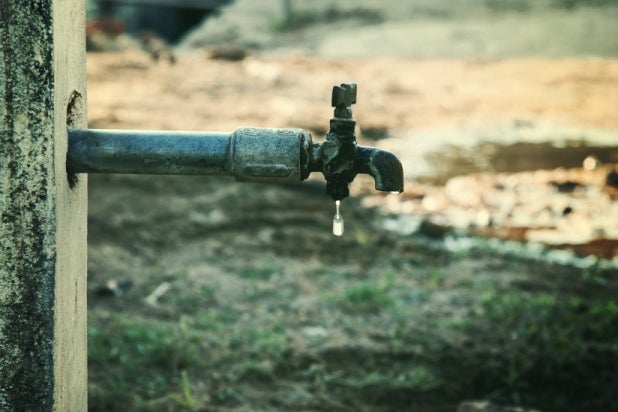
At the same time, demand is increasing. Projected increases of food demands from having to feed about 9 billion people by 2050, growing energy demands, combined with increasing climate variability and change will create additional pressure on water resources. For example, it has been suggested that 70-100% more food will be needed to meet demands and at least 40% more energy must be generated by 2030. These pressures will disproportionally affect the world’s poor, particularly women who are often responsible for the health and welfare of children, the elderly and the infirm. Securing supply for water, energy, food and ecosystems and addressing associated trade-offs of this nexus is a challenge that has recently gained increasing international attention. Addressing water needs across sectors and borders can both be a driver for cooperation and as well as a challenge on national and regional level.
Why care about transboundary waters when talking about the Nexus? Most of water resources are transboundary: Around 276 river basins, even more groundwater basins, and majority of LME’s are shared by more than one country. About ½ of the world’s land surface and 40 % of population live in transboundary basins. Add to this the stress by decreasing water quality from land based sources of pollution leading to hypoxic zones: So in fact, we need to not only deal with integrated Nexus agenda on freshwater- basins, but also look at the impact on marine systems. (click here to know more)
Within a basin, the need for water, energy, food and environmental services is common concern for well-being and economic development. Each country needs water for all these nexus dimensions. The GEF is stressing the importance to add ‘environment’ explicitly into the nexus discussion as ecosystems underpin sustainable development. The GEF International Waters strategy - forward looking - is aiming to address the water-food-environment Nexus through a focus on the conjunctive management of surface and groundwater , on continued integration of the Nexus dimensions in the discussion in river basin governance and management: sharing benefits from water across sectors and border, aiming at cooperation and regional integration, development and peace.
Knowledge management
Over the last fifteen years, IW:LEARN has grown from an informal network of a few projects and agency staff focused on IW projects to a community of individuals from hundreds of public and private sector organizations, including local, national, and international government and non-government organizations. IW:LEARN has produced a number of noteworthy results across multiple service lines that foster this community—from coordinating information management and its applications to face-to-face events, including: 22 project twinnings from 36 GEF IW projects; 23 training workshops on water management issues and 15 training workshops for building capacity on information and technology issues, with 690 participants representing 129 IW projects; six regional dialogues reaching 215 senior project staff from various regions; and seven Biennial International Waters Conferences, the signature learning event of the portfolio, bringing together over 1400 stakeholders over the years, averaging about 69 GEF IW projects from 70 countries at each conference.
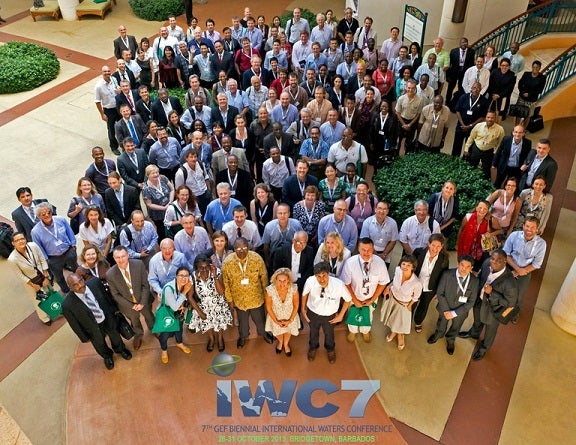
IW:LEARN portfolio programmatic support also includes technical reports, publications and other knowledge products and media. IW:LEARN also contributes significantly to raising awareness among experts and policy-makers about the GEF IW projects and their outcomes, thus indirectly also contributing to new investments. In addition, it serves as a linkage to other global processes, frameworks and initiatives on water management as well as transboundary water cooperation. For example, previous phases have been supported by the Athens-Petersberg Process in partnership with the Global Water Partnership, World Bank, UNECE, German and Greek Governments. The demonstration activity in previous phases led to enhanced transboundary cooperation in multiple basins, such as the Drin River Basin and the Dinaric Karst Transboundary Aquifer System. The regional dialogue process created the enabling conditions for the countries to request new GEF IW projects in the basins. Moreover, the previous phase of IW:LEARN worked with the Secretariat of the UNECE Water Convention (Helsinki) as well as actors, such as WWF, supporting the advancement of the UN Watercourses Convention (New York), in terms of global legal framework development. http://iwlearn.net
Ridge to Reef
Many small island nations share similar sustainable development challenges such as rapidly growing populations, limited resources, and fragile environments. The discharge of untreated wastewater into coastal waters has contributed significant damage to their coastal ecosystems and coral reefs. The resilience of many fragile island ecosystems is now also threatened by climate change, particularly in low-lying atoll nations where sea-level rise and extreme weather events are putting coastal and freshwater resources under even greater stress. As a result of the Barbados program of action, many small island developing states have made significant progress in dealing with issues such as the management of solid waste. However, many still lack the systems and the technical support they need to effectively manage their vital coastal and watershed resources. The GEF international waters portfolio is now working with island nations in the Pacific, Caribbean and Africa to foster greater community participation in the development of practical and cost-effective solutions to problems such as pollution from untreated wastewater.
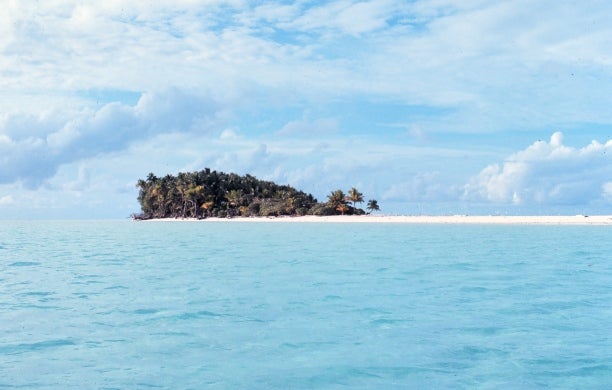
The Pacific Integrated Water and Resource Management Project were designed to help government agencies find cost-effective ways to strengthen the community-based management of waste, freshwater, and near-shore fisheries. The project worked with selected pilot communities to understand the root causes of resource management problems and to identify possible low-cost solutions that could also help countries improve planning and policy development at the national level.
In the Caribbean and Pacific SIDS investments Integrated Water Resources Management have led to capacity building in communities, as well as on national and regional level and development of national management plans. As an example on the Majuro Atoll, in the Marshall Islands national consultation processes involving communities and women’s groups, led to priority setting and actions to protect the essential “Laura Water Lens” on the shallow sandy atoll. www.pacific-iwrm.org
Pictures Courtesy of Wikipedia and Flickr
Media contact:
Mr. Christian Hofer
Senior Communications Officer
Phone: +1 202 458 0936
E-mail: chofer@thegef.org